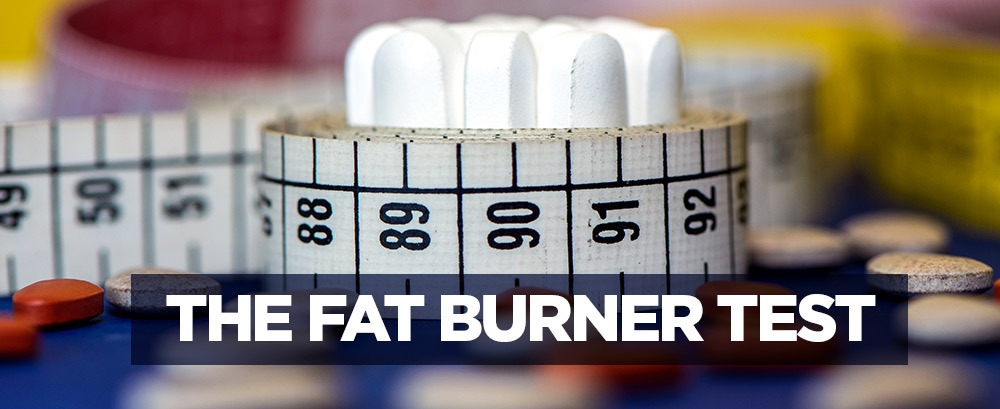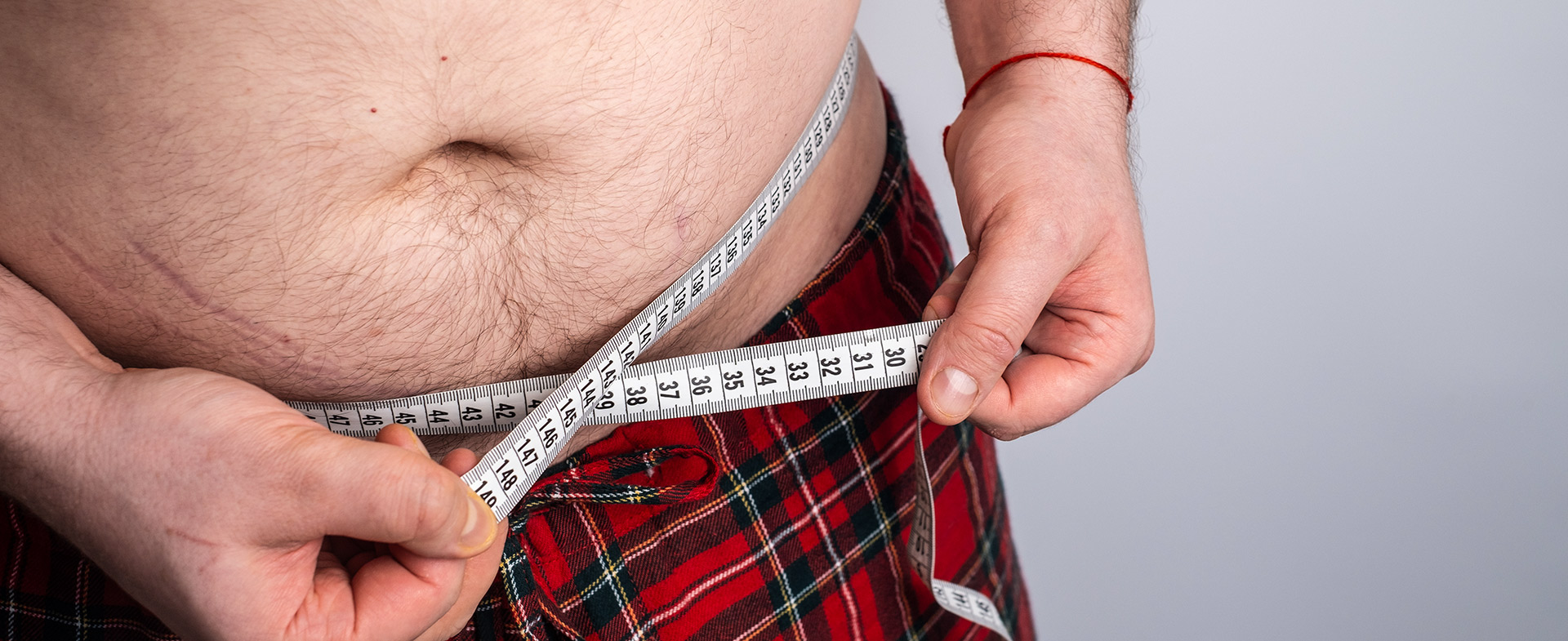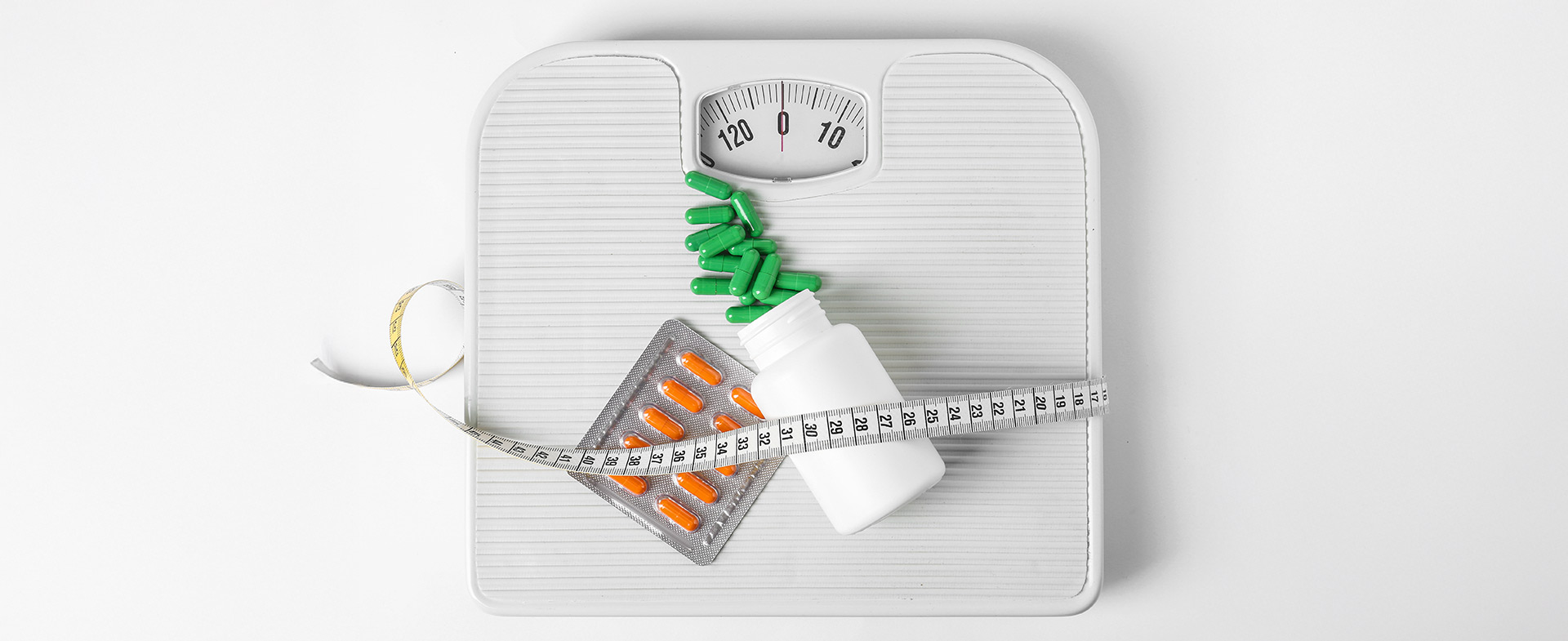
Do thermogenic fat burners actually work? If so, how well? A new study may give us the final answer.
In the 1990s and early 2000s, it seemed everyone was taking a thermogenic to increase fat loss, from bodybuilders to your mom. This was before ephedrine was banned in 2004, and fat-loss supps containing it certainly worked. These products increased resting metabolic rate (RMR) and energy expenditure. The added caffeine helped, too.
After ephedrine got the ban hammer, supplement companies built on ephedrine sales scrambled to find a replacement. Some of their formulations were okay, but most just added more caffeine so the customer would "feel it working." Caffeine itself is indeed a mild thermogenic, but it's no ephedrine.
Today, thousands of fat-loss supplements still exist. Most contain a buttload of caffeine, maybe a sneakily included diuretic (water loss is "weight loss" technically, but it's not fat loss), and a mountain of other ingredients cleverly hidden behind proprietary formulas.
Proprietary formulas aren't always shady. Sometimes, you want to keep your competition from knowing your formula. But most of the time, sketchy supplement makers use them to hide how much of each ingredient the product contains. That way, they can use a tiny, often insufficient amount, claim it on the label, and increase profit margins.
So, how well do these modern multi-ingredient thermogenics work? A new study gives us some insights.

The Study
In this randomized, double-blind, placebo-controlled trial, 34 experienced lifters were given either a generic, multi-ingredient thermogenic supplement containing caffeine or a placebo for 8 weeks. All did the same weight-training program and were instructed to maintain their normal dietary habits. Thermogenic dosage increased from one serving for the first 4 weeks to two servings for the last 4 weeks. Body fat, RMR, and 1RM strength were tested.
Here's what happened, in a nutshell:
- After taking the thermogenic, RMR increased by over 8% in the next 3 hours.
- The thermogenic group experienced a statistically significant reduction in fat mass compared to the placebo group, which showed little change. The thermogenic group lost 1.43 pounds on average over 8 weeks without changing their normal diets.
- Body fat percentage also decreased more in the thermogenic group (11.9% to 11.0%) than in the placebo group (11.8% to 11.7%).
- Both groups gained strength and some lean body mass, but there was no significant difference between them, which was expected.

What Can We Learn?
Thermogenic fat burners work: a person does lose more fat when taking them. But is losing 1.4 pounds of extra fat (over 8 weeks) worth the price of the supplement? Up to you to decide.
Given the kitchen-sink nature of the supplement used and the largely propriety formula, which ingredients exactly lead to the RMR boost? This study was conducted in Dr. Bill Campbell's lab, and he thinks the ingredient responsible for the fat loss was caffeine. However, the supplement also contained green tea extract, which has some nice fat-loss benefits.
Ingesting caffeine and green tea may give you the same mild thermogenic boost as one of these kitchen-sink formulas. In the study, participants ingested 200mg of caffeine daily for the first 4 weeks and then bumped it to 400mg for the final 4 weeks. We don't know how much green tea extract they ingested because it was part of the proprietary formula. (By the way, if you're already using Biotest Superfood (Buy at Amazon), you're getting more green tea extract than these multi-ingredient fat-burner formulas typically contain.)
What Works Better?
Compared to traditional fat-loss ingredients, two others have a more profound effect on body composition: forskolin carbonate and C3G.
In multiple studies, forskolin users lost much more body fat and gained more muscle than the participants in the study above. Forskolin (the carbonate form) activates thermogenic brown adipose tissue (BAT) that burns calories to generate heat. It also supports T3 production in the thyroid, helping regulate metabolism. As a bonus, it increases testosterone in men and promotes muscle protein synthesis. Biotest Carbolin 19 High-Performance Forskolin (Buy at Amazon) contains forskolin carbonate.

C3G (cyanidin 3-glucoside) shrinks fat cells and limits fat storage while increasing and enhancing calorie-burning brown adipose tissue. It increases insulin sensitivity and compares favorably to a pharmaceutical glucose-disposal agent. C3G is found in Indigo-3G Nutrient Partitioning Agent (Buy at Amazon).

References
- Campbell, Bill I., et al. "The effects of a fat loss supplement on resting metabolic rate and hemodynamic variables in resistance trained males: a randomized, double-blind, placebo-controlled, cross-over trial." Journal of the International Society of Sports Nutrition, vol. 13, 2016, Article 14.